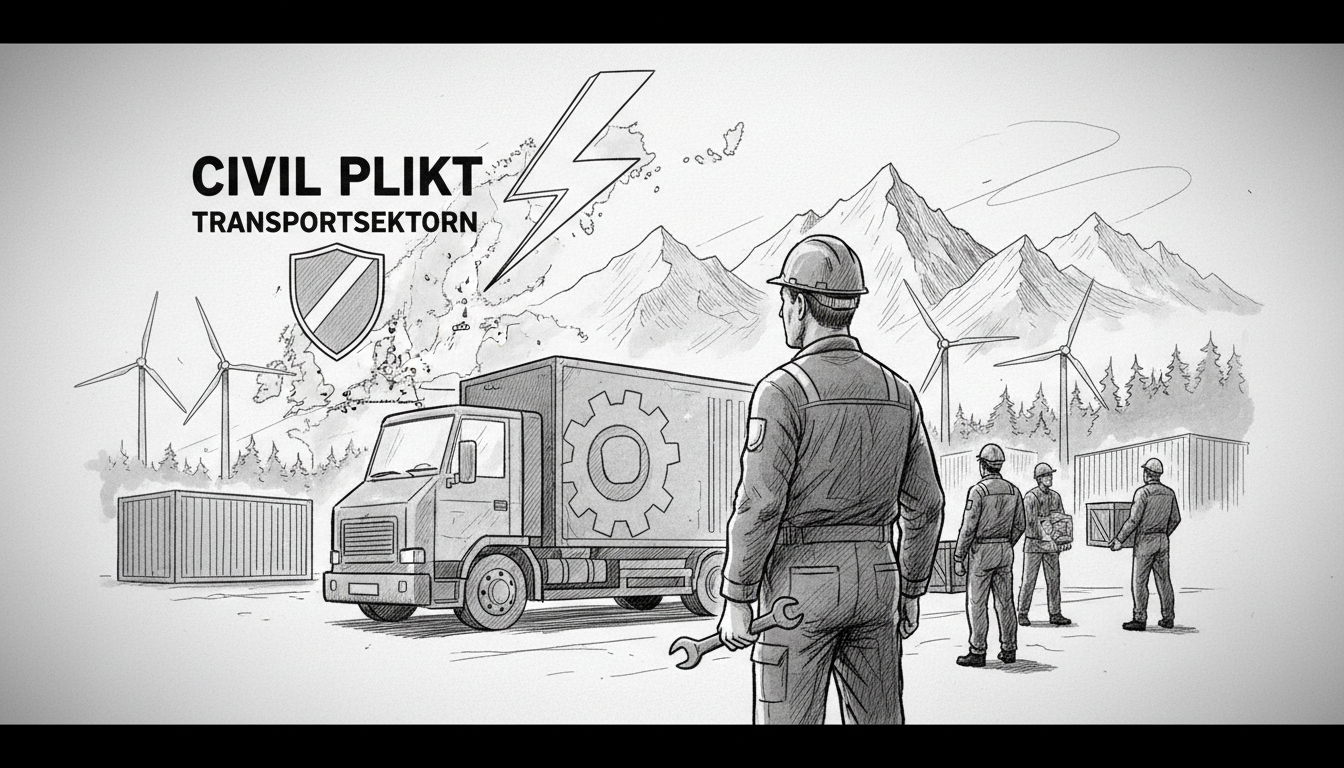The Swedish government has launched an investigation into expanding civil duty requirements to include the transport sector. This move aims to secure personnel for critical deliveries during crises or conflicts. Infrastructure Minister Andreas Carlson confirmed the decision in a recent announcement.
Civil duty represents a form of civilian service that can be activated during national emergencies. Sweden maintains this system alongside military conscription to ensure societal functions continue during severe disruptions. The current review focuses specifically on transport workers and logistics operations.
Minister Carlson emphasized the importance of reliable transport systems during serious crises. He cited the current security situation in Europe as a key factor behind the government's decision. The Swedish Transport Administration will conduct the formal investigation into practical implementation.
This development reflects Sweden's ongoing efforts to strengthen civil preparedness. The country has gradually expanded its total defense concept in recent years. Previous reforms have updated military conscription and enhanced emergency stockpiling systems.
Transport sector workers would join other essential personnel under civil duty obligations. The system could affect truck drivers, logistics coordinators, and port workers during emergencies. Their roles would focus on maintaining supply chains for food, medicine, and energy resources.
The investigation comes as Sweden continues adapting to its NATO membership. Security analysts note that civil preparedness forms a crucial component of collective defense. Reliable transport networks ensure military and civilian needs can be met simultaneously during crises.
International readers should understand that civil duty differs from military service. It focuses on maintaining critical civilian infrastructure rather than combat roles. The system activates only during declared national emergencies, not during peacetime operations.
Sweden's approach to civil defense has evolved significantly since the Cold War era. Recent security developments have prompted renewed focus on resilience planning. The transport sector investigation represents the latest step in this comprehensive review process.
The practical implications for transport companies remain unclear pending the investigation's results. Industry representatives will likely participate in consultation processes. Any final implementation would require parliamentary approval and detailed regulatory frameworks.
This move demonstrates how European nations are reassessing their preparedness systems. Similar discussions about essential worker protections have emerged across Scandinavia. The Swedish model could influence neighboring countries' approaches to civil emergency planning.

